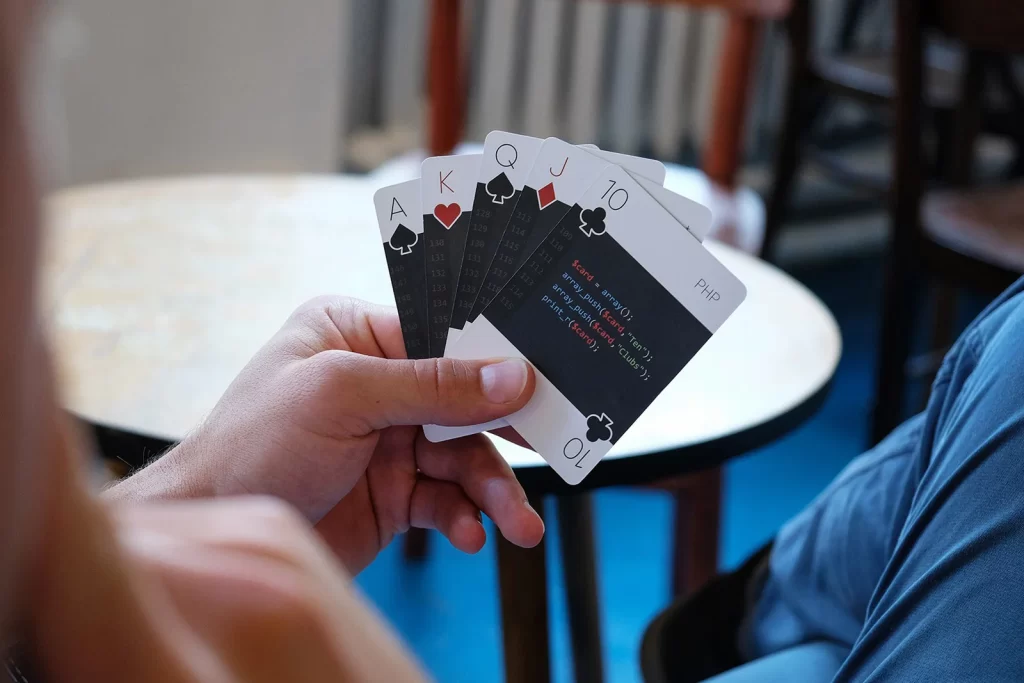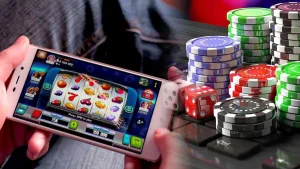
Card games demand intense concentration, improving short-term memory retention and teaching patience while developing critical thinking abilities, according to CCSU Business & Development reports.
Solitaire and FreeCell involve strategically placing cards into order, necessitating careful decisions and planning. Concentration allows players to hone semantic memory by picking cards randomly out of a deck, recalling their associations later.
Go Fish
Go Fish is one of the first card games many children learn to play and is an easy and straightforward way to build memory and memorization skills. Each player receives five cards (seven when playing with two people), with the rest of the deck left face down on the table in a pool for collecting four identical ranks or books; winning requires collecting four of the same rank at once – known as books!
At each turn, one player requests another if they possess a card of the specified rank (e.g. “Do you have any nines?”). If their opponent possesses this card, the requester presents it to all other players and says, “Go Fish!” Once their turn has completed or when all available cards have been exhausted from their hand or pool run out.
Online versions of Go Fish and other card games for brain training – such as word, number, speed math and problem-solving games – may help improve memory, concentration and other cognitive skills when played consistently over an extended period. Lumosity, Cognifit Sharpbrains BrainHQ offer personalized subscription services tailored specifically to their users’ abilities.
Gin Rummy
Gin Rummy is an enjoyable way to bond with your friends while improving short-term memory. Like jigsaw puzzles, the classic card game involves using both sides of your brain simultaneously and stimulates areas associated with visual memory, sequence and mental speed.
Each player in this game receives 10 cards that they may view but must keep hidden from their opponent. At the end of each turn, each player may choose whether to discard either from their hand or from the draw/discard pile; and the first player to meld three consecutive sets or runs into sets/runs wins and scores points for that round.
One way a player can end the game is by calling Gin or Knock. To call Gin, one must declare it before his or her opponent has finished placing down cards in sets or runs that match. To call Knock is equally effective.
Mahjong
Mahjong (pronounced mah-jongg) is an ancient Chinese board game requiring strategy and concentration, popular since the 1920s and providing a great way to sharpen memory skills while improving problem-solving capabilities. Mahjong can also encourage socialization between elderly individuals as well as help combat depression.
One study by researchers demonstrated that older adults who regularly played mahjong experienced lower rates of depression compared to those who didn’t play due to its stimulating neural patterns and strengthening weak cognitive functions.
Brain games like mahjong, solitaire and chess can be excellent ways to increase mental activity in different parts of the brain. There are other activities which may also boost focus and concentration such as jigsaw puzzles, bingo or model building which provide challenging mental exercises which keep your mind sharp. Ancient Nutrition offers Lion’s Mane and Ashwagandha supplements which support cognitive function for optimal daily routines – perfect additions.
Concentration
Solitaire (commonly referred to as patience) is a classic card game known to increase concentration and cognitive function. By testing your visual selective attention skills, this classic game helps improve concentration so that it’s applied in everyday situations to boost both work performance and interpersonal relationships.
Concentration is an ideal game to help train the brain because it challenges both short-term working memory (that lasts only a few minutes) and semantic or fact-based memory. You must make decisions and recall associations between cards in your hand – requiring your full concentration throughout each round!
Other games designed to test memory and concentration include online brain teasers, word puzzles, chess and Sudoku. While research continues into whether brain games actually contribute to mental fitness, regular play in moderation certainly can. But remember that brain games shouldn’t be your sole means of exercising your mind – social engagement, fulfilling purpose in life and physical exercise all help improve overall mental wellbeing as well.








